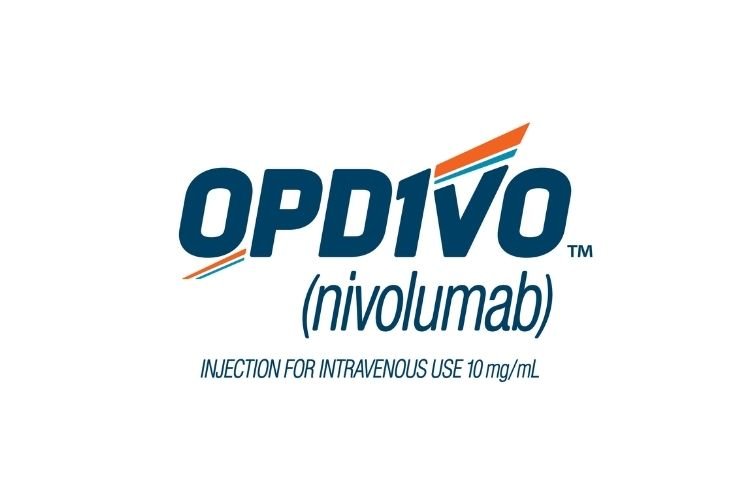Bristol Myers Squibb’s Opdivo has achieved a significant milestone with a new FDA approval that expands its reach into earlier stages of melanoma, further solidifying its position as a formidable player in treating this cancer type. The FDA has granted approval for Opdivo as a post-surgical adjuvant therapy in patients aged 12 and older with completely resected stage 2B or 2C melanoma. This marks Opdivo’s fifth approval for use in earlier stages of cancer, reinforcing expertise in melanoma treatment.
The decision to approve Opdivo for stages 2B and 2C melanoma is based on the results of the phase 3 CheckMate-76K trial. The study demonstrated that Opdivo significantly reduces the risk of recurrence, new primary melanoma, or death by an impressive 58% when compared to a placebo. At the one-year mark, Opdivo achieved a recurrence-free survival rate of 89%, surpassing the placebo’s rate of 79%. This is particularly significant because early-stage melanoma patients, despite undergoing surgery, still face the looming threat of disease recurrence, which can have a profound impact on their outcomes.
This approval now complements Opdivo’s existing approvals in stages 3 and 4 melanoma, expanding its reach across a broader spectrum of melanoma cases. As Opdivo continues to assert its presence, it sets the stage for increased competition with Merck & Co.’s Keytruda. Merck’s Keytruda received a similar expansion approval in December 2021, supported by a study that also demonstrated improvements in recurrence-free survival.
Also Read: Opdivo Plus Chemo Reduces Recurrence Risk In Early-Stage Lung Cancer Surgery
“Following surgical removal of melanoma, patients may believe they are free of disease. However, within five years of diagnosis, one-third of patients with surgically resected stage IIB and nearly one-half of patients with surgically resected IIC melanoma see their cancer return, underscoring the need for additional treatment options that may help reduce the risk of cancer coming back. The significant recurrence-free survival improvement observed with nivolumab in CheckMate -76K is an important step forward for these patients.”
– John M. Kirkwood, M.D., Distinguished Professor of Medicine at the University of Pittsburgh School of Medicine and Co-Director of the Melanoma Center at UPMC Hillman Cancer Center
Bristol Myers Squibb is strategically pursuing label expansions to navigate challenges posed by the Inflation Reduction Act and significant patent expirations in the coming years, including Opdivo’s anticipated loss of exclusivity by the end of the decade. At a recent R&D day, the company unveiled its ambitious plans to secure over 25 label expansions across various disease areas, encompassing immunology, oncology, and hematology.
Looking specifically at Opdivo, Bristol Myers Squibb is eagerly awaiting the potential launch of a subcutaneous formulation of the medication, with results expected in the near future. Chief Medical Officer Samit Hirawat, M.D., expressed optimism about this development in a recent interview, further highlighting the company’s commitment to advancing cancer care.





























